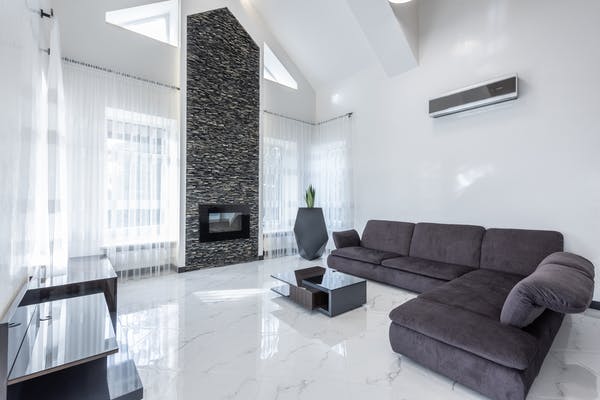
Commercial Air Conditioning?
When it comes to air conditioning for your business, do you know if you need planning permission? While the rules may vary depending on where you are in Australia, this guide will help to answer some of the most common questions about commercial air conditioning and planning permission. So, to start, Sun City Air experts will give us a general overview of the topic.
What is Commercial Air Conditioning?
Commercial air conditioning units are those that are used for businesses rather than residential homes. They come in a range of different shapes and sizes to suit the specific needs of each company, and you can use them for various purposes, such as cooling, heating, or ventilation.
In most cases, commercial air conditioning units will need to be installed by a professional. It is because they are often larger and more complex than residential units and require specialized knowledge and skills to install correctly.
What is Planning Permission?
Planning permission is the permission you need from your local council to make changes to your property. It includes things like building extensions, making changes to the outside of your property, and installing new buildings or structures.
Ultimately, you will need planning permission for commercial air conditioning units, as they are considered a change to the property. However, there may be exceptions depending on the unit you are installing and the property size.
Why Planning Permission Is Required for Commercial Air Conditioning
Many businesses need to get planning permission for their air conditioning units. This is because the unit may be too large or make too much noise for the local zoning regulations. In some cases, the company may not have permission to have an air conditioner at all.
There are a few different types of commercial air conditioning that may require planning permission: These types may include large industrial units, rooftop air conditioning, or systems installed on historic or listed buildings. Before deciding on a commercial air conditioning system, it is important to research and understand the specific regulations and requirements for your location. Consulting an ac buying guide can also assist in understanding the best options for your business, as well as any necessary permissions needed.
- Central air conditioning: This type of air conditioning is usually found in large office buildings. The unit is typically on the roof or a concrete pad next to the building.
- Window air conditioners: These are common in small businesses and restaurants. They are installed in a window and can be very visible from the street.
- Portable air conditioners: These are small, self-contained units that you can remove from one room to another. They are often used in shops and offices.
- Split system air conditioners: These units have two parts: indoor and outdoor units. The outdoor unit is usually located on the ground or a wall.
- Air conditioners with ductwork: These units have ductwork that goes from the indoor to the outdoor unit. The ductwork is usually hidden behind walls or in ceilings.
What Exceptions Are There to the Planning Permission Rule?
There are a few exceptions to the rule that commercial air conditioning units need planning permission. These exceptions are typically for small units that will not significantly impact the property or the surrounding area.
- Units that are less than 2 square meters: You may be able to install a small air conditioning unit without planning permission if it is less than 2 square meters in size.
- Units that are located in a non-residential area: If your air conditioning unit is located in a non-residential area, such as a factory or warehouse, you may not need planning permission.
- Units that are located in an enclosed space: You may be able to install an air conditioning unit in an enclosed space, such as a garage, without planning permission.
- Units that are for personal use: You may not need planning permission if you are installing an air conditioning unit for personal use, such as in your home office.
- Units that are part of a larger system: If your air conditioning unit is part of a more extensive system, such as a ducted system, you may not need planning permission.
How to Apply for Planning Permission
You must apply to your local council if you need planning permission for your commercial air conditioning unit. The application process can vary depending on the council, but you must fill out a form and provide supporting documentation in most cases.
You will also need to pay a fee when you submit your application. The fee is usually based on the size and type of air conditioning unit you are installing.
The council will then assess your application and decide whether or not to approve it. They will consider the unit’s size, the noise level, and the impact on the surrounding area.
If approved, you will receive a planning permit that you must display prominently on your property. You can appeal the decision or submit a new application if you are not approved.
Final Words
So there you have it – everything you need to know about whether or not you need planning permission for your commercial air conditioning unit.
If you are unsure about your area’s application process or requirements, it is best to contact your local council for more information. They will be able to help you determine if you need planning permission and guide you through the application process.


